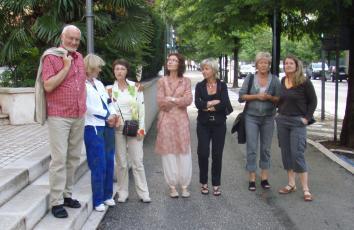
Over the past decades qualitative phenomenological research has had relatively large impact on the different health sciences, like nursing and physiotherapy. One reason is that phenomenologically inspired research is close to practice in the sense that it addresses problems related to the patients’/clients’ and health care providers’ experiences. The results of this research is, therefore, highly relevant for clinical practice and will therefore have impact on how health professionals understand, meet and take care of people withvarying degrees of health problems . Because this research is aware of its philosophical roots, it cannot brush basic problems under the carpet. Therefore, in addition to contributing to increased knowledge, phenomenology may contribute to a deeper understanding of the possibilities and limitations of qualitative research.
Phenomenology seeks to overcome the dualism between the subjective and the objective that has dominated science since the time of the scientific revolution. The phenomenon of the lived body shows the inadequacy of this dualism. Body experiences are not purely subjective, and lived bodies cannot be studied as physical things in an objective world independent of experiences. Lived bodies must be studied as “body subjects” where body and mind form an integrated whole. We experience the world and people around us as body subjects. Since we can never escape our embodiment, we will always perceive the world from the perspective of the body. Hence, bodily changes lead to altered perception of the world. It may therefore make sense to say that when the body changes (as for instance with puberty, pregnancy, aging, illness or injury) so does the life world. To understand how such changes are experienced may be an important assumption for clinical practice.
Leader of the group:
Eva Gjengedal